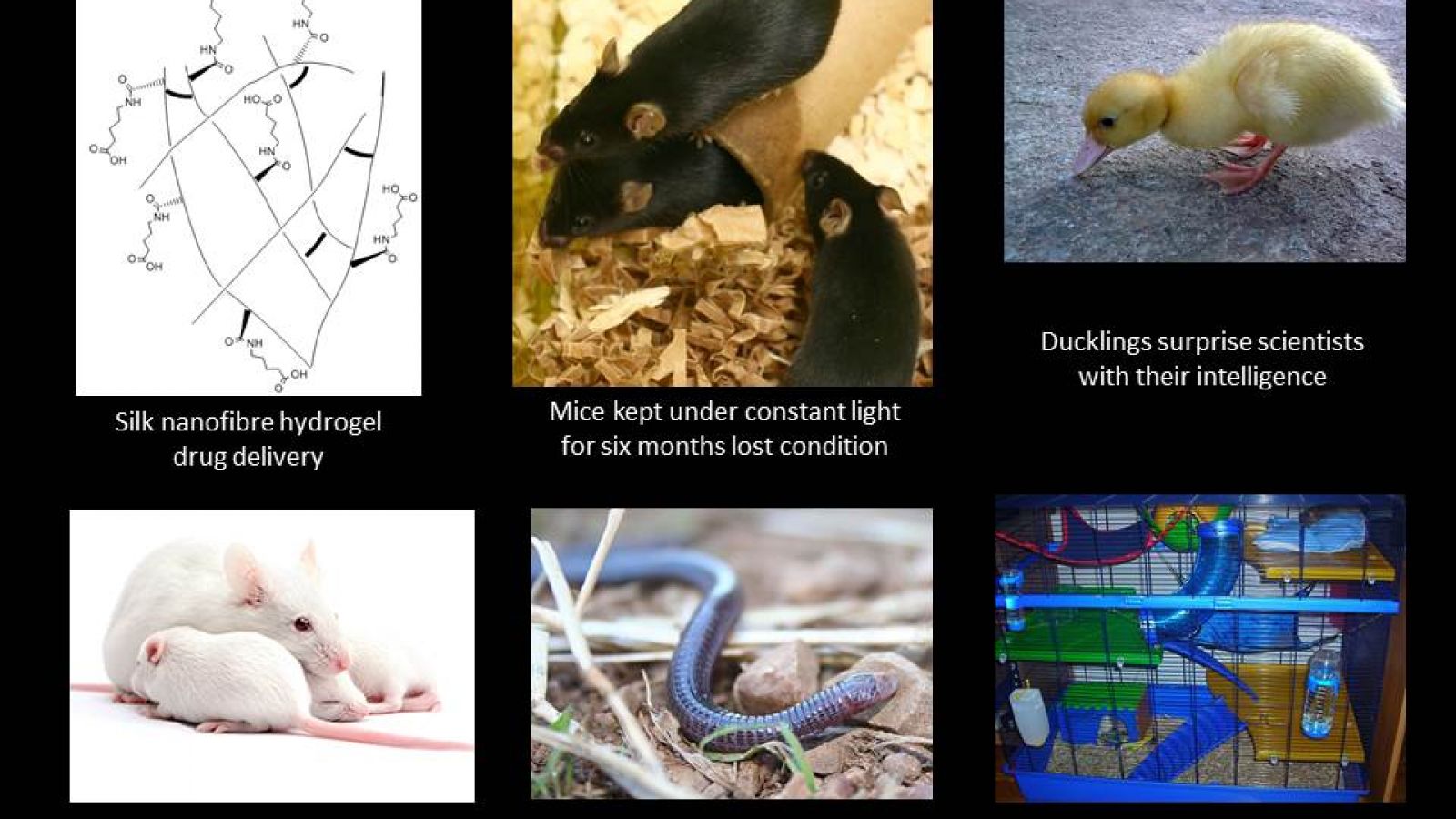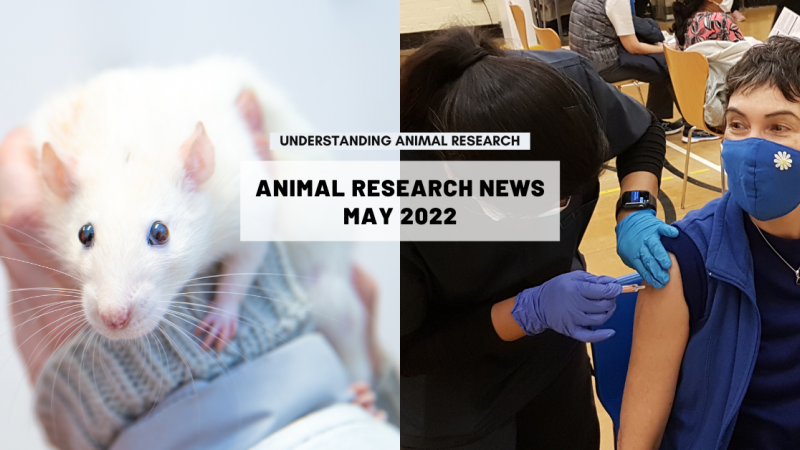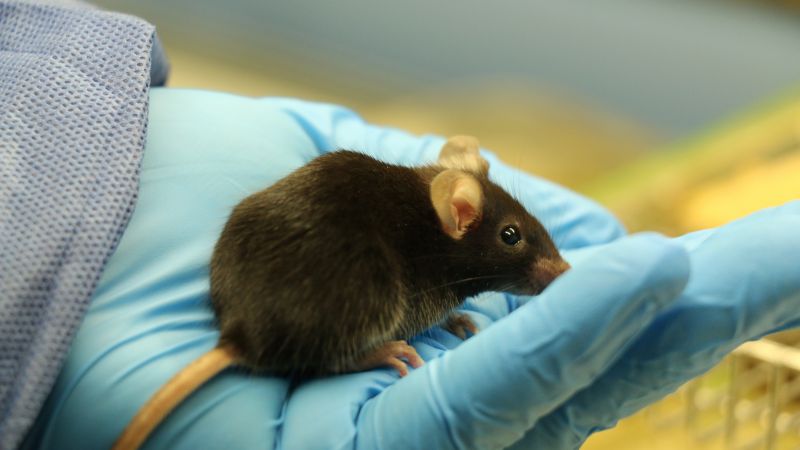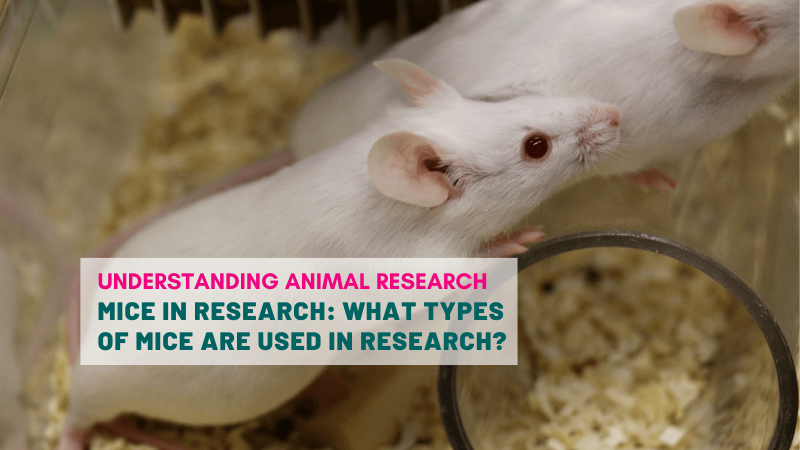Mice kept under constant light for six months lost condition
When the mice were examined, they were found to be suffering from muscle loss and the early signs of osteoporosis, while their immune system appeared as if it was reacting to an infection.
However a paper about the study, published in the journal Current Biology, reported that the mice recovered after they were switched to natural light.
“The good news is that we subsequently showed that these negative effects on health are reversible when the environmental light-dark cycle is restored,” Professor Meijer said.
https://www.newscientist.com/article/2097512-too-much-light-weakens-bones-and-changes-immune-system
Ducklings surprise scientists
Ducklings can remember whether shapes or colours it saw just after hatching were the same as or different to each other.
The feat surprised the researchers, who were initially sceptical about whether the ducklings could grasp such complex concepts as “same” and “different”.
The fact that they could suggests the ability to think in an abstract way may be far more common in nature than expected, and not just restricted to humans and a handful of animals with big brains.
“We were completely surprised,” says Alex Kacelnik at the University of Oxford, who conducted the experiment along with his colleague Antone Martinho III.
https://www.newscientist.com/…/2097527-meet-the-philosophe…/
Male biased mice studies
Most research is carried out on male mice, but there is a huge difference in how the sexes react to medication, particularly in pain relief.
Prof Jeffrey Mogil of McGill University, Montreal, Canada, said scientists must start using animal models of both male and female to make sure that women are not missing out on new drugs.
Writing in the journal Nature Perspectives, Prof McGill said: “Women are more sensitive to, and less tolerant of, pain than men. Most patients with pain are women.
“We fail in our duties if we conduct research using only male rodents, producing results that might serve only men.
“The message to my fellow pain researchers is: start including female mice and rats in all your experiments today. You have nothing to lose, and both men and women with pain have everything to gain.”
Silk nanofibre hydrogel drug delivery
An injectable hydrogel made with silk nanofibers could hold promise for delivering long-term chemotherapy directly to breast cancer tumors, a new study shows (ACS Appl. Mater. Interfaces 2016, DOI: 10.1021/acsami.6b04424.
Researchers show that a silk hydrogel releases the breast cancer drug doxorubicin over two months in solutions that mimic the cellular environment, and keeps tumors at bay for five weeks in mice injected with the material.
https://cen.acs.org/articles/94/web/2016/07/Silk-based-hydrogel-deliver-sustained.html
How did legless worm-lizards cross the Atlantic?
How did a tiny, reclusive, underground animal colonise so much of the world? The answer to this and other unexpected animal migrations could be “rafting”
https://www.theguardian.com/science/2016/jul/13/how-did-legless-worm-lizards-cross-the-atlantic
Better caging could improve animal studies
Could larger "semi-naturalistic" cages, which allow rats to climb and burrow, improve the reproducibility of scientific results? Scientists found that rats in larger cages with burrowing soil would stretch out much more, and would burrow. However, there is still debate as to how much animal welfare is impeded by the standard enclosures.
http://www.huffingtonpost.com/entry/lab-rats-tiny-cages_us_57753d4be4b0bd4b0b13c3dc?ir=Science§ion=us_science&utm_hp_ref=science
GM mice sniff out explosives
Genetically modified mice have been developed to sniff out certain odours. Scientists hope to apply this research to detecting drugs or explosives. This research could also be used for medical benefits - some illnesses result in a loss of smell and a "bio-reactor" could be developed to sniff out human diseases from the chemical signatures given off in blood or sweat.
http://www.bbc.co.uk/news/science-environment-36745483
Last edited: 9 March 2022 12:43




